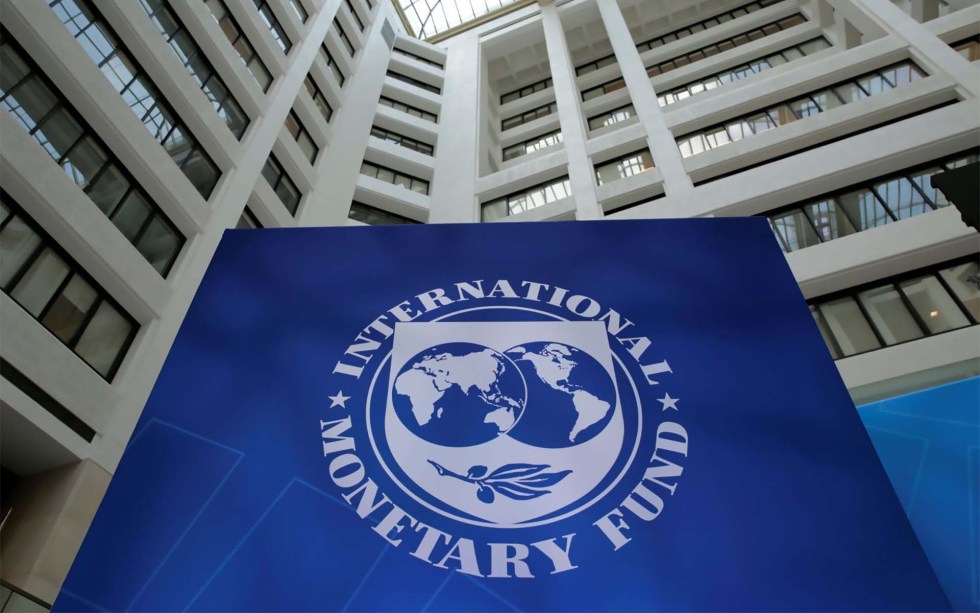The International Monetary Fund urges banks to pursue blockchain investment before they face irrelevancy in the face of a competing fintech industry.
How A Central Authority Can Stand to Benefit
A staff discussion note from June 2017 provides evidence of the IMFs position on cryptocurrencies, as they move to adapt and promote adoption.
The Director of the IMF Christine Lagarde has previously praised blockchain technology for the savings and speed it offers the financial services industry. Her comments were made back in 2016 at the World Economic Forum in Davos where she presented a report entitled “Virtual Currencies and Beyond”. This new note covers much of the same ground, discussing issues such as the “blurred boundaries”, issues of “trust” and the competitive emergence of the fintech industry.
“Central banks are assessing how fintech may impact their current dominant role in payments systems and the provision of a medium of exchange.” IMF note.
“Boundaries are blurring”
The blurred boundaries that Lagarde discusses in her report refer as much to the role of the financial services industry as they do to international boundaries. Both are set to be impacted as a decentralized, third party removing paradigm shift is set to revolutionize how banking has been previously conducted.
The paper highlights how blockchain technology will bring cost savings to the financial services sector, costs that are actively minimized through cryptocurrency transactions such as the traditionally high charges for cross-border transactions as well as compliance related issues.
In the June staff note, the IMF notes:
Distributed ledger technology (DLT) has the potential to offer important service improvements and cost savings, (it) may disrupt barriers to entry stemming from economies of scale and network effects characteristic of cross-border payments.
Regulation and Trust
These barriers of entry to financial operations have lowered to the point where anyone can now independently handle, and conduct their own cross-border financial transactions using Bitcoin. This leads to what the IMF terms as “issues of trust”, issues that essentially boil down to just how to regulate cryptocurrencies and the blockchain.
When it comes to regulation, it is presumed that the IMF note is referring to operations at a financial services level. Looking at how to build an ecosystem around emerging fintech operations, if not specifically blockchain oriented, it will be cryptocurrencies which will be the driving force behind future disruption and change.
According to the IMF staff note:
…regulatory authorities need to balance carefully efficiency and stability tradeoffs in the face of these rapid changes. They need to be assured that risks to stability and integrity -including from cyber attacks, money-laundering and terrorism financing – can be effectively managed without stifling innovation.
The IMF is cautious in allowing fintechs room to move. They recognize cryptocurrencies potential and the challenge they pose to existing banking organizations. As to how stringent their regulation attempts be, that remains to be seen, as they will not want to drown out innovation in an experimental sector of finance that’s positively set to revolutionize the world.
What do you think of the IMF discussions? Are they promising in their apparent openness? Or could proposed regulations paint non-institutional users as “terrorists”? Let us know in the comments below.
Images courtesy of AdobeStock, Shutterstock
